In the ever-evolving world of data storage, the emergence of the 20TB SSD marks a significant milestone. This high-capacity storage solution promises to redefine how tech enthusiasts and data professionals manage and store vast amounts of data. But what exactly is a 20TB SSD, and why is it so significant?
A 20TB SSD (Solid State Drive) offers an enormous 20 terabytes of storage space on a single drive. Unlike traditional hard disk drives (HDDs), SSDs use flash memory to store data, resulting in faster read and write speeds, lower power consumption, and greater durability due to the absence of moving parts.
The introduction of 20TB large storage SSDs opens up new possibilities for applications requiring extensive storage, such as professional video editing, massive data archives, and large-scale gaming servers.
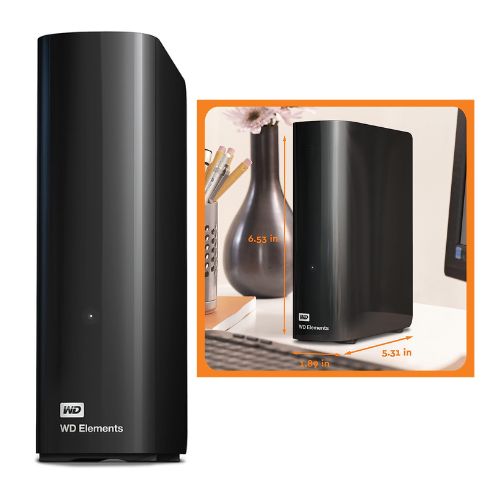
Western Digital Hard Disk Overview
- Digital Storage Capacity: 20000 GB
- USB 1.1 Interface
- Connectivity Technology: USB
- Brand: Western Digital
- Features: Plug-and-play simplicity, fast transfer rates
- Form Factor: 3.5 Inches
- Compatibility: Desktop
- Installation Type: External Hard Drive
- Color: Black
- High-capacity add-on storage
- Compatibility: Windows 10 plus, MacOS
- Fast data transfers
- WD quality inside and out.
Availability and Pricing of 20TB SSDs
As with any cutting-edge technology, the availability and pricing of 20TB SSDs are key considerations for potential buyers. Currently, 20TB SSDs are relatively new to the market, and their availability is limited compared to more common, smaller capacity SSDs. This means that finding a 20 large storage might require some patience and diligence, as they may not be stocked by all retailers or manufacturers.
In terms of pricing, 20TB SSDs are positioned at the high end of the market. Given their massive storage capacity and advanced technology, these drives come with a premium price tag.
While exact prices can vary based on brand, model, and additional features, potential buyers should be prepared for a significant investment. However, for those who require such large storage capacities, the benefits can far outweigh the costs.
Performance Considerations for 20TB SSDs
When evaluating a 20TB SSD, several performance factors come into play. These factors can significantly impact the overall user experience and determine whether a 20TB large storage is the right choice for your needs.
- Read/Write Speeds: One of the primary performance considerations for any SSD is its read and write speeds. While 20TB SSDs offer substantial storage capacity, their read/write speeds might not always match those of smaller SSDs. This is due to the sheer volume of data that needs to be managed. However, many 20TB SSDs still provide impressive speeds that far exceed those of traditional HDDs.
- Endurance Ratings: Endurance is another critical factor, especially for users with write-intensive workloads. Endurance ratings indicate how much data can be written to the SSD over its lifespan. Higher endurance ratings are crucial for applications that involve frequent data writing, such as video editing or database management.
- Interface Options: The interface through which the SSD connects to your system also affects performance. Common interfaces include SATA and PCIe NVMe. PCIe NVMe interfaces typically offer faster data transfer speeds compared to SATA, making them a preferred choice for high-performance applications.
Advantages and Disadvantages of 20TB SSDs
Advantages
- Massive Storage Capacity: A 20TB SSD provides ample space for even the most demanding applications, ensuring you have room for all your data.
- Faster Data Access: Compared to traditional HDDs, SSDs offer significantly faster read and write speeds, leading to quicker data access and improved system performance.
- Improved Reliability and Durability: With no moving parts, SSDs are more resistant to physical damage and wear, resulting in greater reliability and longevity.
Disadvantages
- High Cost per Terabyte: The price per terabyte for 20TB a large storage SSD s is higher compared to smaller SSDs and traditional HDDs, making them a considerable investment.
- Limited Availability: As a newer technology, 20TB SSDs may be harder to find and purchase.
- Potential Overkill for Some Users: Not everyone needs such vast storage capacity, so it’s important to consider your actual storage requirements before investing in a large storage.
Alternatives to 20TB SSDs
Depending on your storage needs, there are several alternative solutions to consider:
Smaller Capacity SSDs
For those seeking a balance of performance and cost, smaller capacity SSDs (e.g., 1TB, 2TB) offer excellent speed and reliability without the high price tag of a 20TB large storage SSD.
High-Capacity HDDs
If cost-effective bulk storage is your primary concern, high-capacity HDDs (e.g., 10TB, 12TB) provide ample space at a lower cost, albeit with slower data access speeds.
RAID Configurations
For improved redundancy and performance, consider RAID configurations that combine multiple drives. RAID setups can enhance data security and boost overall storage capacity.
| Image | Product | Features | Price |
Our Pick1 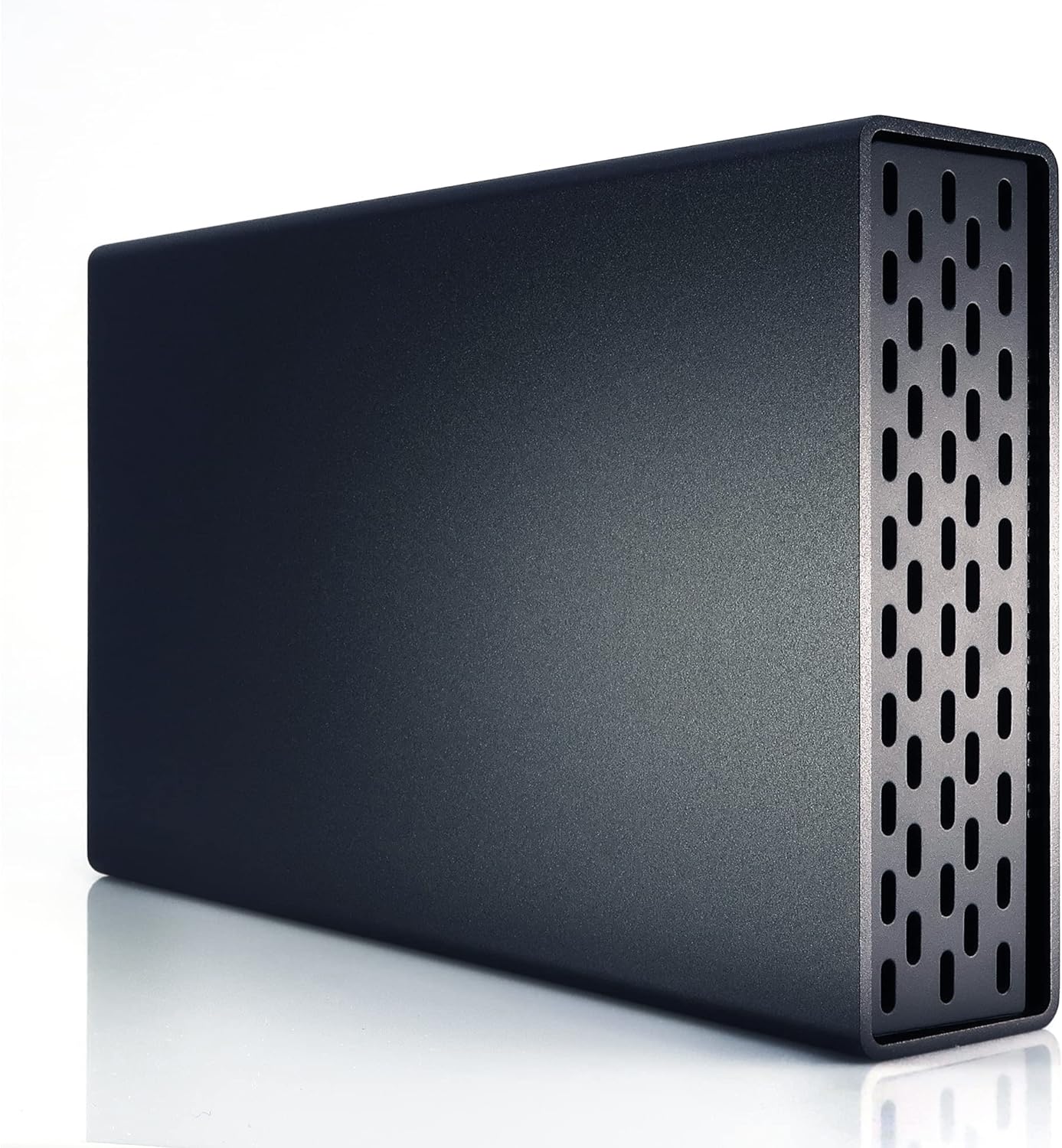 | compatily LV22 20TB | USB 3.0 Interface with 10Gbps Speed | |
Our Pick2 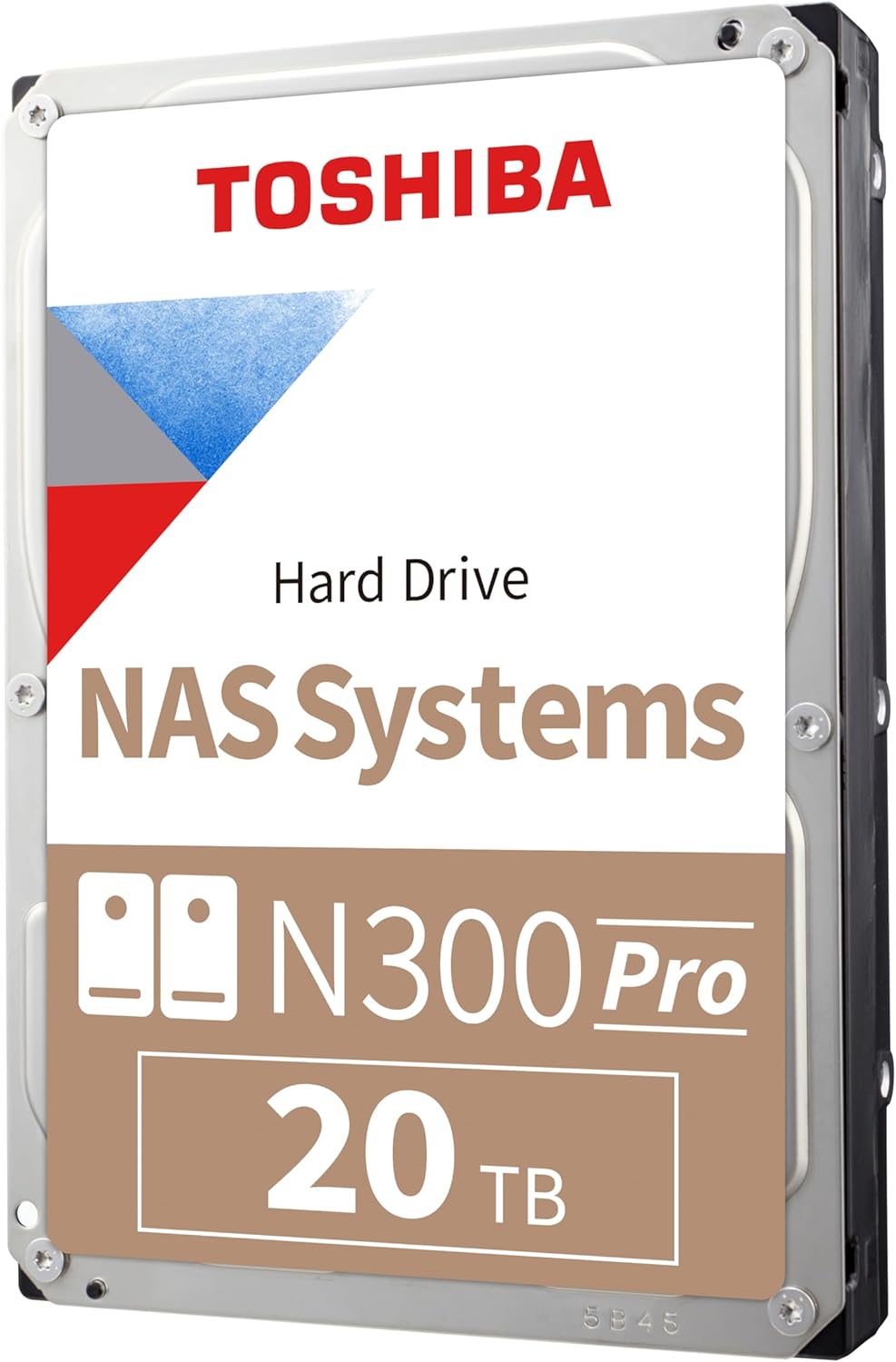 | Toshiba N300 PRO 20TB | Connectivity | |
Our Pick3 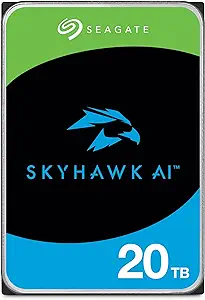 | Seagate Skyhawk AI 20TB | Special Feature |
Who Needs a 20TB SSD?
Identifying the target audience for a 20TB SSD helps determine whether this high-capacity storage solution is right for you:
- Professionals Working with Massive Datasets
Video editors, engineers, and other professionals who work with large datasets can benefit from the expansive storage and fast access speeds of a 20TB SSD.
- Businesses Requiring Large-Scale Data Storage
Enterprises and organizations that manage extensive data archives or run large-scale servers will find 20TB SSDs invaluable for their storage needs.
- Power Users with Extensive Storage Needs
Gamers, content creators, and tech enthusiasts who require substantial storage for their extensive libraries of games, media, and projects will appreciate the capacity and performance of a 20TB SSD.
Conclusion: Is a 20TB SSD Right for You?
Deciding whether a 20TB SSD is the right fit for your needs involves careful consideration of several factors:
- Storage Needs: Assess your specific storage requirements to determine if you truly need 20TB of space.
- Budget: Consider your budget and whether the benefits of a 20TB SSD justify the investment.
- Alternative Solutions: Evaluate alternative storage solutions, such as smaller SSDs, high-capacity HDDs, or RAID configurations, based on your needs.
If you require massive storage capacity and value the speed and reliability of SSDs, a 20TB SSD might be a future-proof option worth considering. As technology continues to evolve, investing in high-capacity SSDs can help ensure you stay ahead of the curve and meet the demands of data-intensive applications.
By understanding the capabilities and limitations of 20TB SSDs, you can make an informed decision that aligns with your storage needs and professional goals.
- Tesla Robotaxi: A New Era in Autonomous Transportation
- What is Tesla Robotaxi? | Everything You Need to Know
- The Best Amazon Echo Devices in 2024: Best Smart Speakers Guide
- Sonos Port Review: Streamline Your Home Audio with Ease
- Quantum Tunneling Composites | Tech Innovation Pro
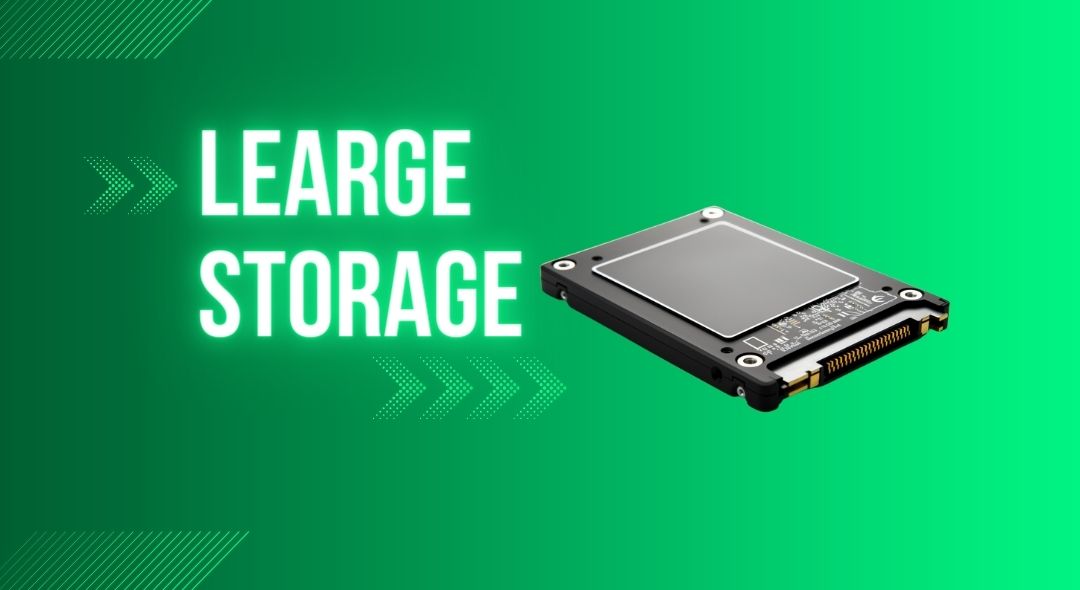
Leave a Reply
You must be logged in to post a comment.